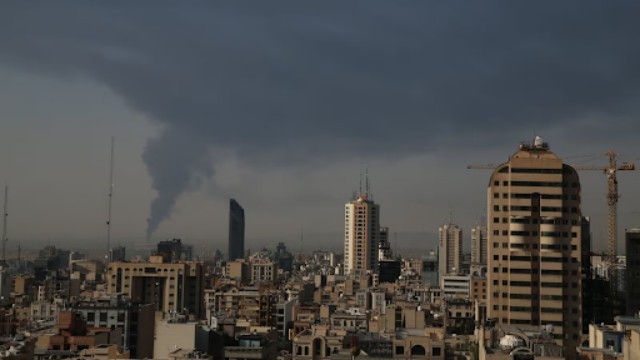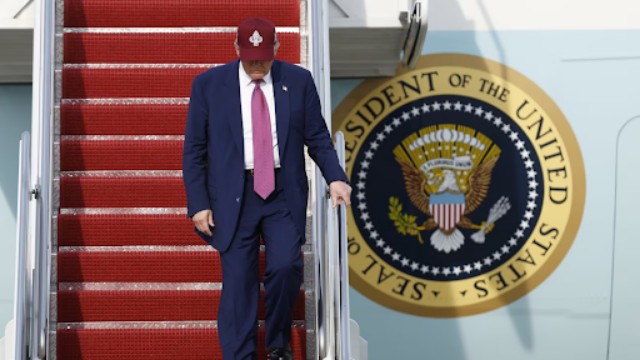
The Barrick Gold logo is displayed during the company’s annual meeting held in Toronto on April 28, 2015. (Photo: Nathan Denette / The Canadian Press)
In a dramatic move that has sparked global attention, a judge in Mali has suspended the operations of Barrick Gold — a leading Canadian mining company — for six months. The decision follows a heated dispute between the company and Mali’s military-led government over tax issues.
On Monday, Judge Issa Aguibou Diallo announced that the company would be placed under temporary management. Within 15 days, Zoumana Makadji — a respected accountant and Mali’s former health minister — will be appointed to oversee operations during this period.
This development stems from a long-running disagreement over what the Malian government claims are unpaid taxes and unfair agreements signed with earlier administrations. The situation escalated in December when authorities issued an arrest warrant for Barrick’s CEO, Mark Bristow. In an attempt to settle matters, Barrick had offered to pay around $370 million to the government.
Though Barrick maintains ownership of the Loulo-Gounkoto gold mines, the court’s ruling shifts operational control to the newly appointed administrator. This gold mining complex is one of Mali’s most significant and has been operated by Barrick for over 30 years.
In response to the court order, Barrick published a statement on its website, stating that it had filed for international arbitration in December to resolve the conflict. The arbitration request was made to the International Centre for Settlement of Investment Disputes, focusing on disputes related to the same mining complex.
Despite these legal steps, the Malian government has intensified pressure on the company. Several Barrick employees have been detained, and gold exports have been suspended — bold actions that further fuel the controversy.
Barrick has condemned the arrests, calling them unjust and politically motivated. The company noted that no solid legal justification has been offered for the detentions. “Our workers remain behind bars without a credible reason. They’re being used as bargaining tools,” the company stated. “This undermines the trust needed for any long-term partnership.”
The situation echoes a similar case in November, when Mali arrested the CEO and two employees of Australia’s Resolute Mining. They were released after paying $80 million upfront and agreeing to another $80 million in future payments.
Mali, though rich in gold, is facing immense economic challenges. Since the military took over in 2020, the country has struggled with poverty, hunger, and violent extremism. Under pressure to increase revenue, the government has been targeting foreign mining companies more aggressively.
For Barrick, the coming months will be critical — both in terms of securing the release of its staff and resolving its tax battle with Mali. As the arbitration unfolds, the global mining sector will be watching closely to see how this high-stakes dispute is resolved.















